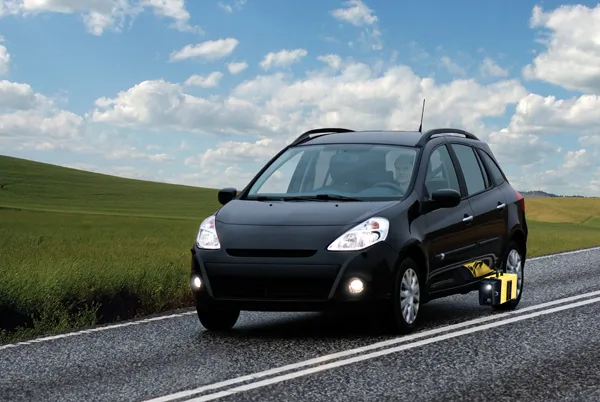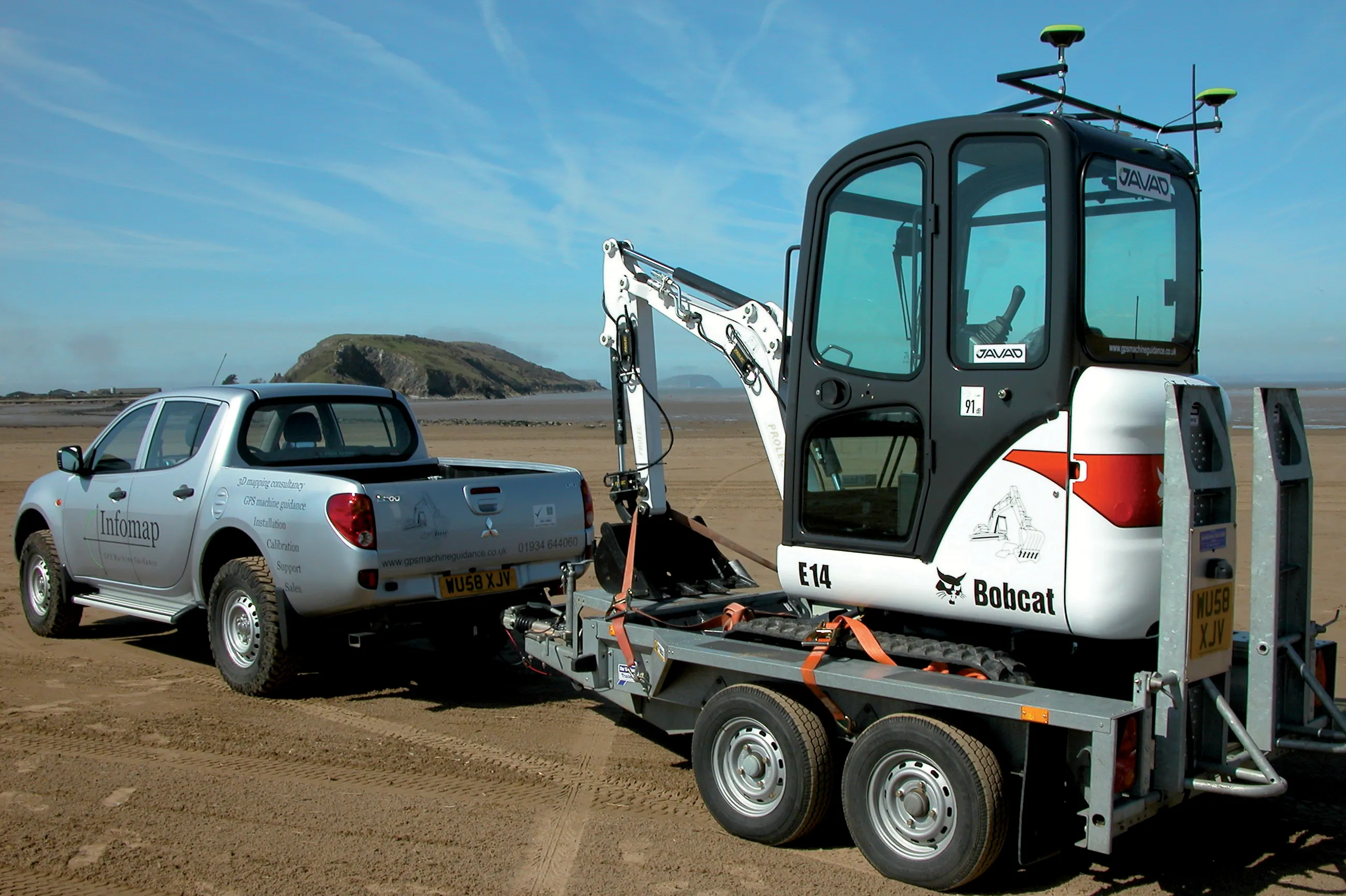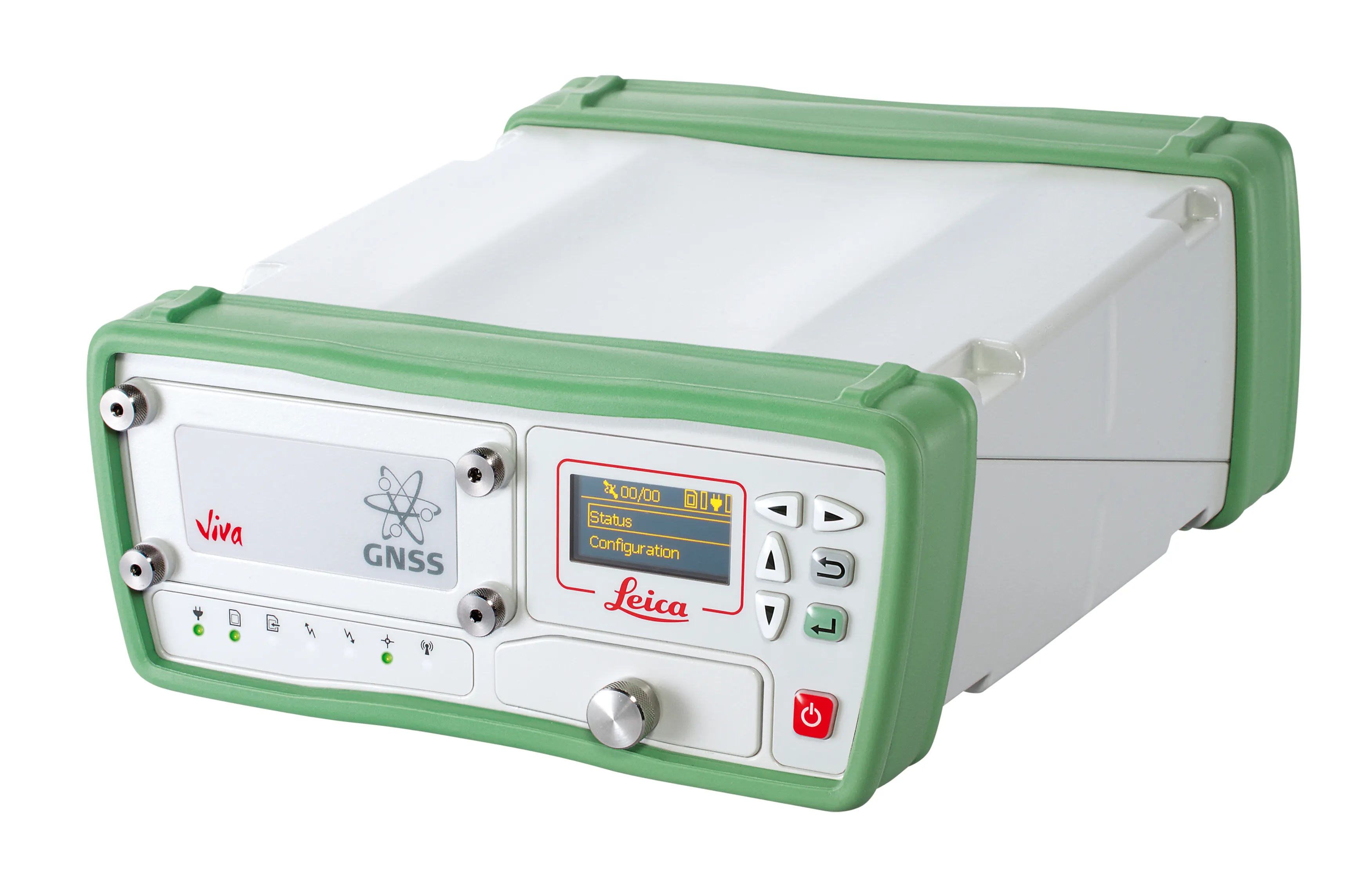Danish company DELTA has launched its new LTL-M mobile retroreflectometer.
The company, a leading supplier of retroreflectometers for road markings and road signs, says that until now hand-held retroreflectometers have been the only instruments accurate enough and accepted for contractual valid measurements of road markings.
However, it points to laboratory and field tests performed by the Swedish Road Research Institute (VTI), which compared the LTL-M, an existing mobile retrometer and using a hand-h
April 5, 2012
Read time: 2 mins

Danish company 199 Delta has launched its new LTL-M mobile retroreflectometer.
The company, a leading supplier of retroreflectometers for road markings and road signs, says that until now hand-held retroreflectometers have been the only instruments accurate enough and accepted for contractual valid measurements of road markings.
However, it points to laboratory and field tests performed by the Swedish Road Research Institute (VTI), which compared the LTL-M, an existing mobile retrometer and using a hand-held instrument as a reference, and showed that the LTL-M measures with an accuracy similar to hand-held retrometers.
"Hand-held instruments have limitations. They provide sample measurements which are not representative for retroreflection measurements of the full length and width of road markings. Hand-held instruments may need costly road closure," says DELTA.
"The LTL-M mobile retroreflectometer is based on a new technology with patent pending. LTL-M offers accuracy in line with hand-held instruments under all driving conditions including bumpy roads and curves, and provides continuous measurement at normal driving speeds in full length and width of road markings combined with checking RRPMs (cat's eyes)." DELTA says the system can be integrated with existing mobile road measurement systems as well as used as a stand-alone unit easily mounted on a car.
The company, a leading supplier of retroreflectometers for road markings and road signs, says that until now hand-held retroreflectometers have been the only instruments accurate enough and accepted for contractual valid measurements of road markings.
However, it points to laboratory and field tests performed by the Swedish Road Research Institute (VTI), which compared the LTL-M, an existing mobile retrometer and using a hand-held instrument as a reference, and showed that the LTL-M measures with an accuracy similar to hand-held retrometers.
"Hand-held instruments have limitations. They provide sample measurements which are not representative for retroreflection measurements of the full length and width of road markings. Hand-held instruments may need costly road closure," says DELTA.
"The LTL-M mobile retroreflectometer is based on a new technology with patent pending. LTL-M offers accuracy in line with hand-held instruments under all driving conditions including bumpy roads and curves, and provides continuous measurement at normal driving speeds in full length and width of road markings combined with checking RRPMs (cat's eyes)." DELTA says the system can be integrated with existing mobile road measurement systems as well as used as a stand-alone unit easily mounted on a car.









